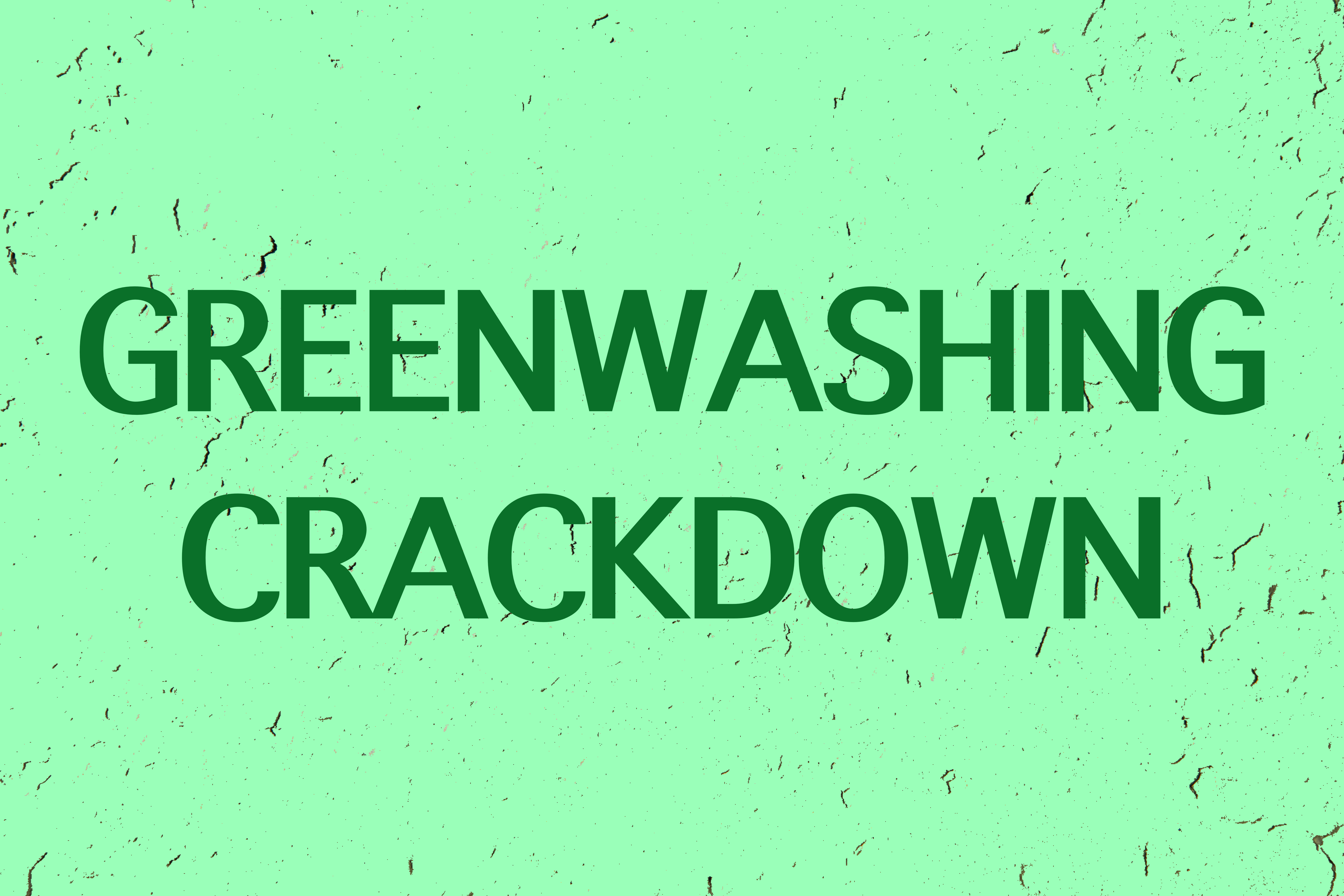As the demand for environmentally and socially responsible investments continues to grow, so too does the concern over “greenwashing” – the practice of making false or misleading claims about a company or investment fund’s environmental, social, and governance (ESG) practices. In response, regulators in the US, EU, and Australia are cracking down on false ESG claims in 2023 with new rules and legislation.
ESG depends upon third-party rating organizations to assess companies on their bonafides, but there is no single, unified standard or methodology behind ESG ratings.
Inconsistencies have muddled what qualifies as adhering to ESG principles, and that can leave some investors confused about whether or not their money is actually backing an ethical and sustainable company.
That could change soon.
The Securities and Exchange Commission (SEC) recently closed a comment period on two proposed rules that would specifically tackle this issue. The proposals would create consistent standards, such as enhanced disclosures to shareholders.
The SEC has also created an ESG enforcement task force to identify violations in disclosure and compliance related to ESG funds.
Critics say the proposed SEC rules hardly go far enough, but climate advocates believe that they’re a step in the right direction.
“Without these rules, Wall Street will continue to get away with duping investors who want products that align with their needs and values,” says Alex Martin, senior climate finance policy analyst at the nonpartisan Americans for Financial Reform Education Fund.
The European Union is a step ahead of U.S. regulators.
Late last year, the E.U. enacted rules that give investors the power to hold asset managers accountable if their ESG funds don’t meet expectations, such as being as “green” as they were initially promised.
In the EU, the new Sustainable Finance Disclosure Regulation (SFDR) went into effect in March 2021. The SFDR requires financial market participants, such as investment managers and financial advisers, to disclose information about how they integrate sustainability risks and opportunities into their decision-making processes. Additionally, it requires them to classify products as environmentally sustainable or not, and to provide information about the main negative environmental impacts of the investment products they offer.
Australia is also taking steps to combat greenwashing. The Australian Securities and Investments Commission (ASIC) has released new guidance for companies and funds that make ESG-related claims, outlining the types of claims that are likely to be considered misleading and the types of information that should be included in disclosures.
“Greenwashing is not limited to environmental claims but extends to misleading ethical propositions. Entities which seek to promote ethical investing must ensure their statements are accurate and able to be substantiated,” said ASIC deputy chairwoman Sarah Court.
For companies and investment funds that can avoid being marked as “greenwashers” in 2023, there are significant investment opportunities. These include:
– Increased transparency: By providing more detailed and accurate information about their ESG practices, companies and funds can help investors make more informed decisions and can attract more investment capital.
– Better risk management: By integrating sustainability risks and opportunities into their decision-making processes, companies and funds can better manage risks and capitalize on opportunities.
– Positive reputation: Companies and funds that are transparent about their ESG practices and can demonstrate their commitment to sustainability will be viewed more favorably by investors, consumers, and other stakeholders.
-Access to new markets: Companies and funds that meet the new ESG disclosure requirements will have access to new markets, including the growing market for sustainable investment products.
However, it is important to note that compliance with new rules and legislation is not enough to avoid being marked as greenwashers. Companies and funds must also genuinely integrate ESG considerations into their decision-making process and demonstrate a commitment to sustainability.






